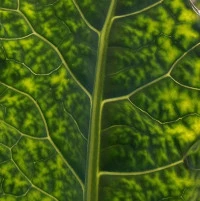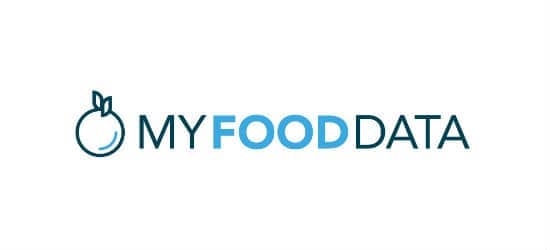- cross-posted to:
- [email protected]
- cross-posted to:
- [email protected]
Couple people in my family have become diligent about taking vitamin supplements daily for eye health. They’ve been taking “Vision Defender” by “Intelligent Formula”, which apparently just contains 3 ingredients:
- Meso-Zeaxanthin
- Lutein
- Zeaxanthin
One of them went to the driver license authority and took the eye test without his glasses, passed, and was able to have the corrective lenses restriction removed from his license. It’s pure anecdote… I wouldn’t put too much stock into vitamins having that effect. But noteworthy nonetheless. They pay $30 for 90 capsules (Amazon, sadly).
On the other side of the pond, there are a couple vitamin cocktails, one called “Nutrof Omega by Théa” and the other “PreserVision 3” by “Bausch+Lomb”. They both lack the Meso-Zeaxanthin (which is supposedly important yet rarely mentioned) but have more stuff than “Vision Defender”. All the following ingredients are in Nutrof Omega, and “PV3”-tagged things are also in “PreserVision 3”:
- (PV3) lutein and zeaxanthin (for the protection of the macula region of the retina from oxidative stress and signs of aging and can increase visual ability)
- (PV3) omega-3 fatty acids (support retinal health)
- (PV3) vitamins C, D and E, zinc and copper (help protect cell constituents from oxidative damage)
- (PV3) zinc (contributes to the maintenance of normal vision) – but counteracts copper to some extent
- selenium (key antioxidant and also supports the action of vitamin E and zinc)
- resveratrol (anti-inflammatory and anti-oxidant effects, and protects retinal cells from oxidative stress)
- manganese
- B complex
They both have a €33 price tag for 60 tablets at most pharmacies. Over 50¢/day is a bit much but at least it’s from a pharmacist and does not feed Amazon. Exceptionally, one pharmacy sells Nutrof for €22. There is also Luton3 which is also missing Meso-Zeaxanthin and costs €40 for 60 tablets.
Apparently vitamin A is missing from both of those supplements, which Harvard claims is relevant. But there are many other supplements… if someone finds something more complete plz mention it.
So then I looked for relevant foods:
- Dark Leafy Greens (Spinach)
- Green Peas
- Summer Squash
- Pumpkin
- Brussels Sprouts
- Broccoli
- Asparagus
- Romaine Lettuce
- Carrots
- Pistachios
Regarding the “crowdsourcing appreciated” topic line: it would help the thread if folks post other multi-vitamins with the list of ingredients, since none of the 3 I mentioned are complete.



from the bottom of this page, a doc says
I don’t really get that. It would be very difficult to plan meals with all the needed levels of relevant vitamins on a daily basis. And it seems like a diet focused on getting that daily cocktail would overall lack variation for everything else a body needs. I might be tempted to get a multivitamin and then skip it on days I happen to eat one of the listed foods. So indeed that would probably result in taking the multivitamin more often than not.